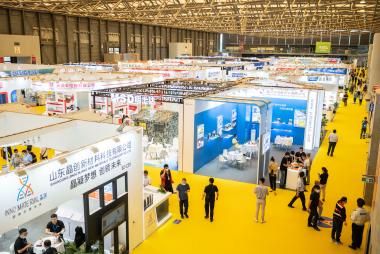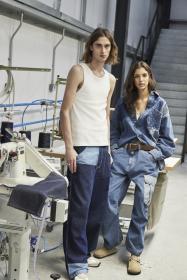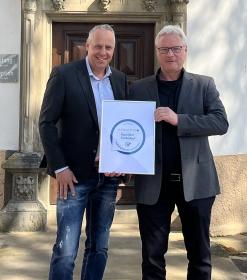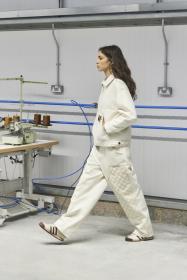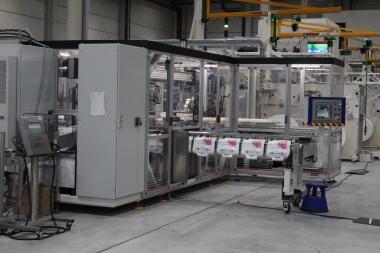Over 366 Exhibitors at Cinte Techtextil China 2023
With four months until the technical textiles and nonwovens show opens its doors, floor space booked by international suppliers is already more than double the area of the previous edition, which attracted 366 exhibitors from eight countries and regions. Taking place from 19 – 21 September 2023 at the Shanghai New International Expo Centre, this year’s fair will see the European Zone return to the fairground. The high-traffic zone is set to welcome a number of new and returning exhibitors eager to showcase their products to a business-hungry domestic market.
Speaking at the fair’s previous edition in 2021, Mr Roberto Galante, Plant Manager of FMMG Technical Textiles (Suzhou) Co Ltd, said: “The Chinese market is a big opportunity for everybody, because every day the market is demanding more. The potential here is incredible, and there is more demand for overseas brands. These brands are known for their very high quality, and while China’s industry has developed very well in the past few years, it still needs support from overseas brands with high quality products. This fair is good for us, and we exhibit here every year.”
Multiple domestic and international exhibitors have confirmed their participation at Cinte Techtextil China 2023, with the European Zone playing host to FMMG and other key industry players, such as:
- Bekaert, Belgium
- Fil Man Made Group, Italy
- SANITIZED, Switzerland
- SCANTECH, France
Outside the European Zone, additional international suppliers will showcase their diverse product applications at the fairground, with categories including Coating & Bondtec (Stahl); Fibre & Yarn (Barnet); Nonwovens Equipment (Dilo); Technology & Machinery (Picanol); and Testing Equipment & Certification (TESTEX). Other European exhibitors in these categories include Autefa Solutions, Reifenhauser Heinsberg, Reifenhauser Reicofil, and SICAM.
Chinese suppliers set to complement international contingent
A comprehensive range of domestic exhibitors are eager to meet new buyers and renew old business connections at this year’s fair, including:
- Shanghai Shenda Kebao New Materials
- SIJIA New Material (Shanghai)
- Zhejiang Jinda New Materials
- Zhejiang Hailide New Material
The fair’s product categories cover 12 application areas, which comprehensively span a full range of potential uses in modern technical textiles and nonwovens. These categories also cover the entire industry, from upstream technology and raw materials providers to finished fabrics, chemicals and other solutions. This scope of product groups and application areas ensures that the fair is an effective business platform for the entire industry.
Messe Frankfurt (HK) Ltd


